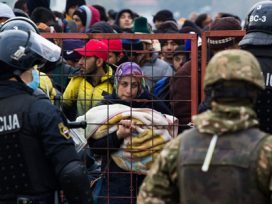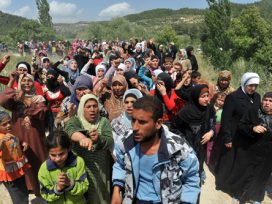
The spiral of violence
After the Paris terror attacks
On Friday 13 November, Paris suffered an unprecedented set of terrorist attacks less than a year after those targeting Charlie Hebdo and a Jewish supermarket. Once again, we review the responses of Eurozine partner journals, associates and authors.







